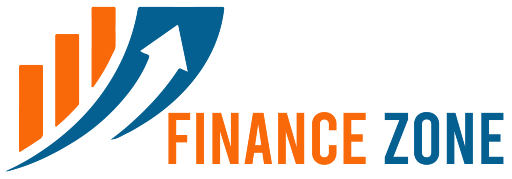The majority of bankruptcy cases in New Jersey are filed in the United States Bankruptcy Court for the District of New Jersey, based in Camden, Trenton, and Newark. This court has eight full time bankruptcy judges.
Chapter 7 offers immediate protection against creditor collection efforts and the discharge of most unsecured debt. It also allows you to keep property that is fully exempt from creditors, such as your home and car.
Chapter 7
When you file Chapter 7 bankruptcy in New Jersey, it eliminates most unsecured debt, such as medical bills, personal loans and credit card debt. However, certain debts remain, such as child support and alimony payments, property tax arrears and deficiencies on repossessed vehicles. During the bankruptcy process, creditors cannot contact you and wage garnishments and foreclosures on your home will stop. After about three to six months, you will attend a meeting of creditors where the trustee will review your assets and debts to see if any of your assets can be liquidated for distribution to creditors.
Before you can file a Chapter 7 bankruptcy, you must take a credit counseling course and a debtor education course from an approved provider. The certificate of completion must be filed with the court. You must also pass the bankruptcy means test to qualify for Chapter 7. You can estimate your income using this calculator. You will need a copy of your paycheck stubs and a copy of the last two years’ tax returns.
Chapter 13
The Chapter 13 bankruptcy process allows debtors who have regular income to develop a plan to repay a portion of their debt over three or five years. When a Chapter 13 bankruptcy is filed, creditors are prohibited from trying to collect any debts that are not included in the repayment plan. Creditors must obtain permission from the Court to continue collection efforts, and foreclosures and car repossessions are stopped. A Chapter 13 bankruptcy may be a better option for people who want to save their homes from foreclosure or who have substantial equity in their cars.
Once the bankruptcy is filed, a case trustee will be appointed to oversee the proceeding. The trustee will gather payments from the debtor each month and pay them to creditors based on the plan approved by the court. A New Jersey bankruptcy lawyer can help an individual file a Chapter 13 plan that is tailored to their specific circumstances and income.
Electronic filing
The bankruptcy process can seem intimidating for anyone. But with the help of an experienced NJ bankruptcy lawyer, the process is usually relatively simple. Whether you’re filing Chapter 7 or Chapter 13, you should make sure that you’re providing accurate and truthful information on your forms. Lying on your documents is a crime and can be used against you.
The New Jersey bankruptcy court has a system for non-lawyers to file electronically. This e-filing system is free and available to all New Jersey residents. The system requires you to have a computer with Adobe Reader. If you don’t have a computer, the court offers self-help centers that have computers and scanners.
Unlike most states, New Jersey allows debtors to choose between federal and state exemptions. Choosing the right exemptions is important because they will affect your bankruptcy case’s results. If you’re unsure about which exemptions to use, consult a knowledgeable bankruptcy attorney.
Nonprofit assistance
Nonprofits can provide assistance and support to people who may be filing bankruptcy. In addition, they can help people find housing and job training programs. They also provide legal services to people who cannot afford a bankruptcy lawyer. They have expertise in bankruptcy law and are familiar with local judges’ interpretations of the bankruptcy code.
There are several nonprofit organizations in New Jersey that can help low-income residents. These organizations can help pay utility bills, mortgages, and rent. They can also provide food and cash assistance. They can also help find free credit counseling programs.
The NJ 30 Day Fund is a forgivable loan to help small businesses meet payroll and preserve healthcare coverage. This grant is funded by foundations and philanthropic organizations. These funds can be accessed through Candid’s Foundation Directory Online or through local community foundations. The grants will be awarded to nonprofit organizations statewide. The grant recipients will be notified of their awards shortly.







